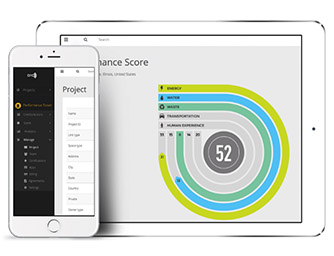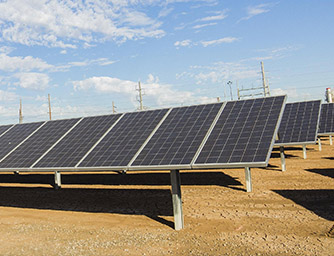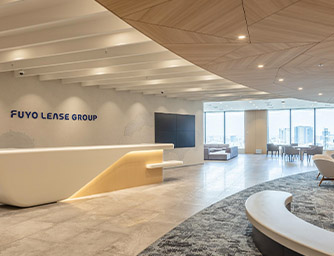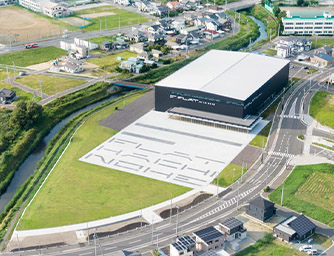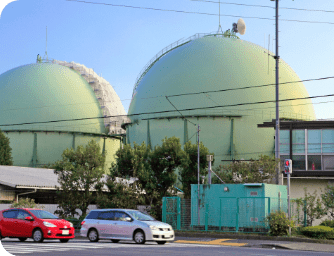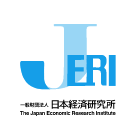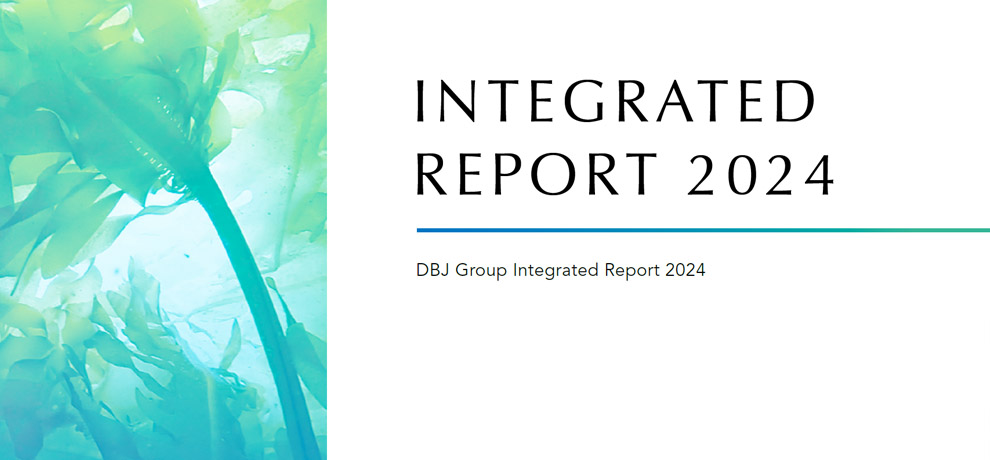The Development Bank of Japan Inc. (DBJ) is pleased to announce the publication of the findings of the Survey on Planned Capital Spending for FY2024.
The results of the survey point to a third consecutive increase (up 21.6%) in planned domestic capital spending by major companies in FY2024, with substantial growth expected in both the manufacturing and non-manufacturing sectors. In addition to investment projects carried over from the previous year, accelerated digitization is driving spending on expanding semiconductor production capacity, accompanied by rising investment in electrification including electric vehicles. By region, substantial increases are planned in Hokkaido, North-Kanto/Koshin and the Tokyo metropolitan area, among others.
Our findings also reveal the following characteristics regarding corporate behavior:
- Although many of the firms are passing on costs and raising wages, recognizing price inflation and labor shortage as risk factors, such actions have been largely insufficient. The logistics industry is addressing the so-called 2024 crisis due to changes in labor regulations with further digitization and investment in automation. With attention focused on engagement with investors and proactive disclosure to drive up share prices, companies are apparently putting more emphasis on their medium-term business plan.
- Companies are increasingly proactive in raising wages to help recruit talent. Alternatively, many continue to make forward-looking investments in digitization and automation.
- Spending on digitization has remained at high levels since the Covid-19 pandemic. The use of, and interest in artificial intelligence (AI) is expected to rise sharply, helped by the spread of generative AI.
- Companies are focusing attention on autonomous driving and general-use AI as promising technological innovations. A certain number of manufacturers are leveraging data on intellectual capital in business management.
- In addition to technical issues, challenges in advancing decarbonization include how to finance, and then pass on development cost. Investment in decarbonization is expected to remain almost unchanged this year as a percentage of total capital spending.
- Spending on sourcing diversification and stock building is expected to ease, largely due to the relaxation of restrictions on the supply of semiconductors, with the focus shifting to the expansion of business where demand exists. Enhancement of production in Japan is still a notable trend compared with the pre-pandemic period.
- Substantial increases are planned in Hokkaido, driven by infrastructure development, in North Kanto & Koshin, led by transport equipment, and in the Tokyo metropolitan area, with growth across the board in both manufacturing and non-manufacturing, among others. Medium-sized firms are moving toward passing on costs and raising wages, as they are more keenly aware than large-sized firms of price inflation and shortages of workers and successors as downside risks. Remaining challenges include how to pass on the increased cost of achieving carbon neutrality.
More details on the survey are available in the attached PDF.
Please note that no information regarding individual firms will be provided by DBJ, as the survey is conducted under conditions of confidentiality and anonymity.
DBJ's reports are one of the ways in which it fulfills its corporate philosophy of "Design the Future with Financial Expertise: Continue to expand financial frontiers; Provide the best solutions for customers and society; Pursue sustainable development for Japan and the world."
Inquiries:
Chief Research Office
Economic & Industrial Research Department
Tel. +81-3-3244-1845 E-mail: capex@dbj.jp
Regional Research & Planning Department (information by region)
Tel. +81-3-3244-1633 E-mail: rpinv@dbj.jp

